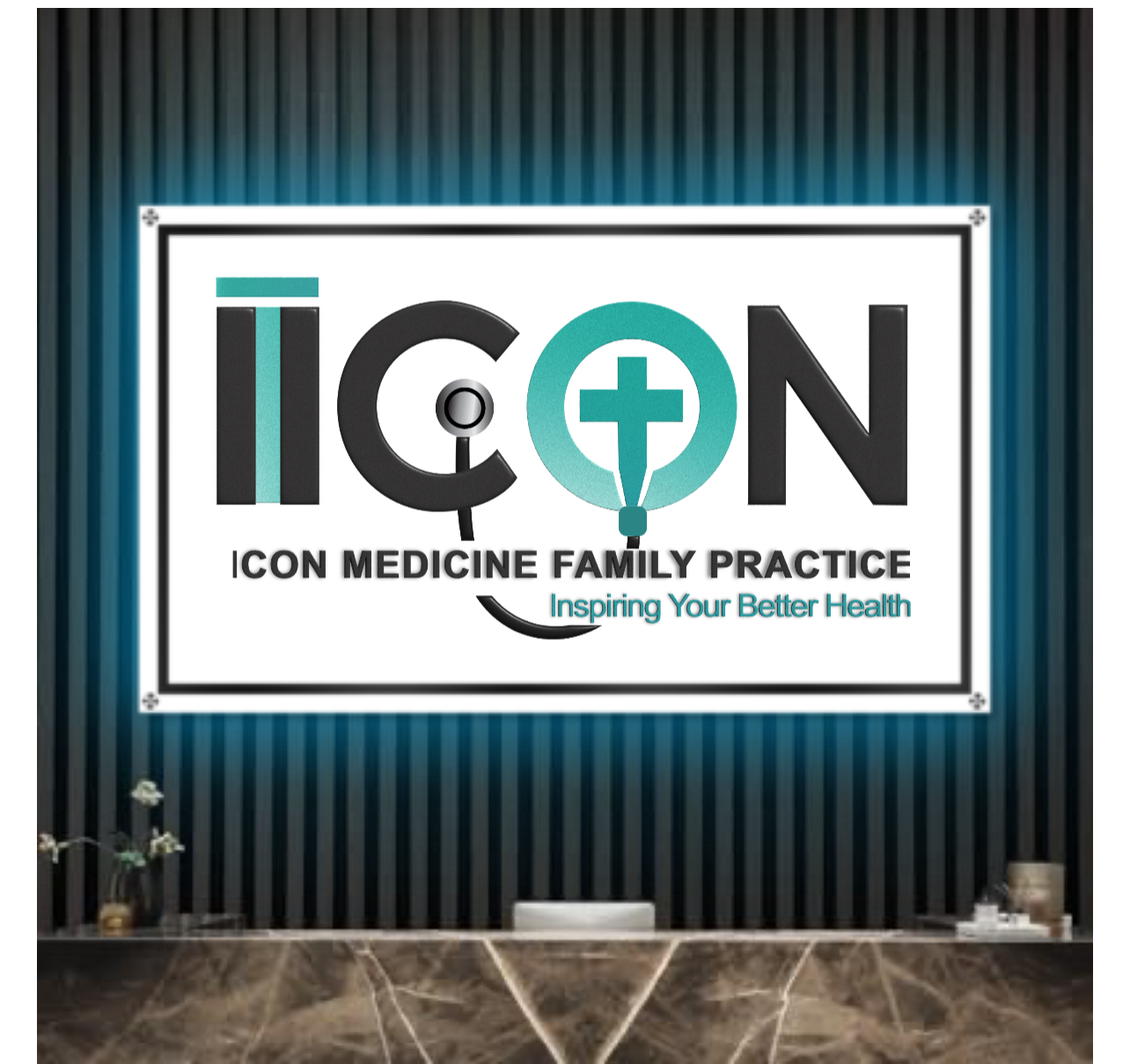Nurse practitioners (NPs) are highly trained healthcare professionals who play a critical role in patient care. With an advanced level of education, typically holding a master’s or doctoral degree in nursing, they are equipped to assess, diagnose, and treat various health conditions. One of the most significant aspects of their practice is their prescribing authority, which varies by state and is influenced by regulations and collaborative agreements with physicians.
In many states, NPs have the ability to prescribe medications, including controlled substances like Suboxone, which is used in the treatment of opioid addiction. This capacity to prescribe is vital in addressing the growing opioid crisis, as it allows NPs to provide timely and effective treatment options for patients struggling with addiction.
Understanding the specifics of what NPs can prescribe is essential for patients seeking help. Factors that determine their prescribing capabilities include:
- State Regulations: Each state has its own laws governing NP practice, affecting their ability to prescribe medications.
- Education and Training: NPs must complete specialized training in pharmacology and addiction medicine to prescribe certain substances.
- Collaboration Agreements: Some states require NPs to work under a supervisory or collaborative agreement with a physician for prescribing controlled substances.
At ICON Medicine Family Practice, we prioritize patient needs and ensure that our NPs are well-equipped to provide high-quality care, including addiction treatment. Book an appointment at iconmedicine.com today to learn more about how our team can assist you.
What is Suboxone and Its Importance in Treatment

Suboxone is a medication that combines two active ingredients: buprenorphine and naloxone. It is primarily used in the treatment of opioid addiction, helping individuals manage withdrawal symptoms and cravings associated with opioid dependence. Understanding the role of Suboxone in addiction treatment is crucial for patients seeking recovery.
The importance of Suboxone in treatment lies in its unique formulation. Buprenorphine, a partial opioid agonist, attaches to the same receptors in the brain as other opioids, but it activates them less intensely. This characteristic helps to alleviate withdrawal symptoms without producing the same euphoric effects, which reduces the risk of misuse. Naloxone, on the other hand, is included to prevent misuse; if Suboxone is taken improperly (for instance, by injection), naloxone will block the effects of opioids and can precipitate withdrawal.
Here are some key benefits of Suboxone in addiction treatment:
- Reduced Withdrawal Symptoms: Suboxone helps ease the physical and psychological symptoms associated with opioid withdrawal, making it easier for patients to transition into recovery.
- Lower Risk of Overdose: The partial agonist nature of buprenorphine significantly lowers the risk of overdose compared to full agonist opioids.
- Accessibility: Suboxone can be prescribed by certified healthcare providers, including nurse practitioners, expanding access to treatment for individuals in need.
In summary, Suboxone serves as a critical tool in combating opioid addiction, offering patients a chance to regain control of their lives while minimizing the potential for abuse and overdose.
Legal Regulations for Prescribing Suboxone

The legal landscape surrounding the prescription of Suboxone is essential for ensuring safe and effective treatment for individuals battling opioid addiction. In the United States, the Drug Enforcement Administration (DEA) regulates the prescription of controlled substances, including Suboxone, which is classified as a Schedule III drug. This classification indicates that while it has accepted medical uses, it also has the potential for abuse and dependency.
To prescribe Suboxone, healthcare providers must meet specific regulatory requirements, including:
- Certification: Providers must complete a training course and obtain a waiver from the Substance Abuse and Mental Health Services Administration (SAMHSA) to prescribe buprenorphine for addiction treatment.
- Limitations on Patient Numbers: Initially, a newly certified provider can prescribe Suboxone to a limited number of patients (up to 30) in their first year. This limit can increase to 100 patients in subsequent years if the provider meets certain criteria.
- Ongoing Education: Prescribers are often required to engage in continuous education related to opioid addiction and treatment methods to maintain their certification and ensure they are up-to-date with best practices.
Legal regulations also emphasize the importance of comprehensive patient assessments and ongoing monitoring. Prescribers are encouraged to develop treatment plans that include counseling and psychosocial support, reinforcing a holistic approach to recovery. These regulations play a vital role in preventing misuse and ensuring that patients receive the most effective care while minimizing risks associated with opioid addiction.
Role of Nurse Practitioners in Opioid Addiction Treatment

Nurse practitioners (NPs) play a pivotal role in the landscape of opioid addiction treatment, particularly in the prescribing of medications like Suboxone. Their extensive training and holistic approach to patient care make them integral to addressing the complex needs of individuals struggling with addiction. NPs are equipped to provide a range of services that support recovery, including:
- Comprehensive Assessments: Nurse practitioners conduct thorough evaluations of patients, assessing their medical history, addiction severity, and any co-occurring mental health disorders. This allows for tailored treatment plans that address each patient’s unique circumstances.
- Medication Management: With the appropriate certifications, NPs can prescribe Suboxone and other medications as part of a medication-assisted treatment (MAT) program. This capability enables them to help stabilize patients, reduce cravings, and support long-term recovery.
- Patient Education: NPs focus on educating patients and their families about addiction, treatment options, and the importance of adhering to prescribed regimens. This empowers patients to take an active role in their recovery journey.
- Collaboration with Multidisciplinary Teams: Nurse practitioners work closely with other healthcare professionals, including physicians, counselors, and social workers, to create a comprehensive and cohesive treatment strategy that addresses all aspects of a patient’s health and well-being.
Moreover, NPs often provide ongoing support and counseling, which is crucial for maintaining motivation and engagement in the recovery process. Their accessibility and patient-centered approach foster a trusting relationship, which is essential for effective treatment outcomes. By breaking down traditional barriers to care, nurse practitioners significantly enhance the availability and quality of opioid addiction treatment, making a profound impact on the lives of those they serve.
Benefits of Nurse Practitioners Prescribing Suboxone
The ability of nurse practitioners (NPs) to prescribe Suboxone brings a multitude of benefits to both patients and the healthcare system. As opioid addiction continues to be a pressing public health issue, leveraging the skills of NPs in this capacity is essential for improving patient outcomes. Here are some of the key advantages:
- Increased Accessibility: NPs often practice in various settings, including clinics and community health centers, making treatment more accessible to patients who may otherwise face barriers in receiving care from physicians. This increased availability is crucial in areas with a shortage of healthcare providers.
- Holistic Approach to Care: Nurse practitioners are trained to consider the whole person in their treatment plans. This holistic approach enables them to address not just the addiction but also any underlying psychological or social factors contributing to the patient’s condition.
- Personalized Treatment Plans: With their comprehensive training, NPs can develop individualized treatment strategies that cater to the unique needs of each patient. This customization enhances the effectiveness of the treatment and supports better recovery rates.
- Continuity of Care: NPs often build long-term relationships with their patients, facilitating consistent follow-up and ongoing support. This continuity is vital for maintaining recovery and preventing relapse.
- Education and Advocacy: Nurse practitioners play a crucial role in educating patients about their treatment options, including the benefits and risks of Suboxone. Additionally, they advocate for their patients’ needs, ensuring that they receive the best possible care.
By empowering nurse practitioners to prescribe Suboxone, the healthcare system can enhance the support available for individuals battling opioid addiction. This not only leads to improved patient outcomes but also contributes to reducing the stigma associated with addiction treatment.
How to Access Suboxone Through Nurse Practitioners
Accessing Suboxone through nurse practitioners is a straightforward process designed to facilitate treatment for those struggling with opioid addiction. Here’s a step-by-step guide to help you navigate the journey toward recovery:
- Research Local Nurse Practitioners: Begin by searching for nurse practitioners in your area who are certified to prescribe Suboxone. You can check local healthcare facilities or use online directories to find qualified NPs.
- Schedule a Consultation: Once you identify a potential nurse practitioner, reach out to schedule an appointment. During this initial visit, you can discuss your situation, medical history, and treatment goals.
- Assessment and Evaluation: The nurse practitioner will conduct a thorough assessment to determine your eligibility for Suboxone treatment. This evaluation typically includes a review of your opioid use history, any previous treatment attempts, and an assessment of your overall health.
- Develop a Treatment Plan: If deemed suitable for Suboxone therapy, the nurse practitioner will collaborate with you to create a personalized treatment plan. This may include medication management, counseling, and support services.
- Ongoing Support: As you begin your Suboxone treatment, maintain regular follow-up appointments with your nurse practitioner. This continuity of care ensures that your treatment is effectively managed and adjusted as needed.
Accessing Suboxone through nurse practitioners not only simplifies the process of getting treatment but also offers a supportive environment for recovery. If you or a loved one are seeking help for opioid addiction, book an appointment at Icon Medicine Family Practice today to explore your options with our dedicated team.







Leave a Reply